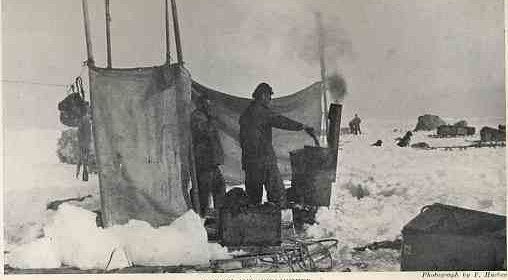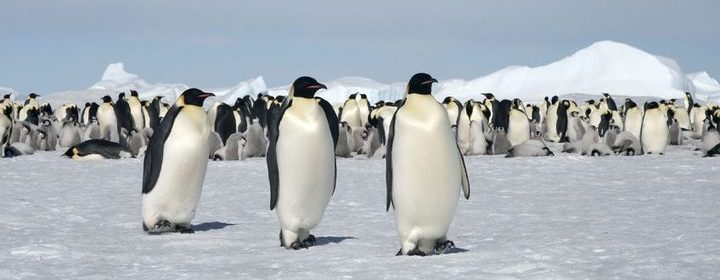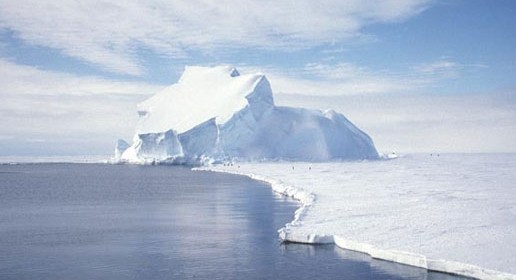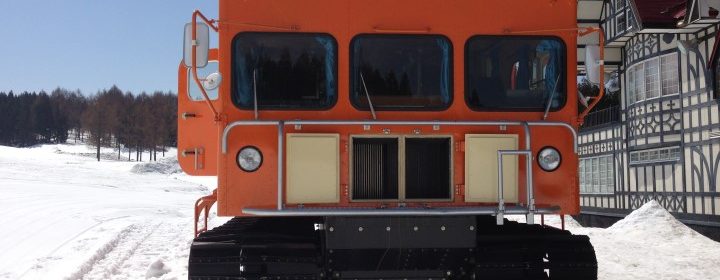New cli-fi novel pits an at-risk blue whale against Antarctic collapse

As a new generation of writers confronts global warming, a new book genre has emerged: “climate fiction”, or “cli-fi”. Russell: “In my secret heart, I hope that all these books that are now talking about climate change will help to move public opinion.” That’s Canadian novelist Craig Russell. In his recent book, Fragment, a shockwave sends a massive Antarctic ice […]
Read more








